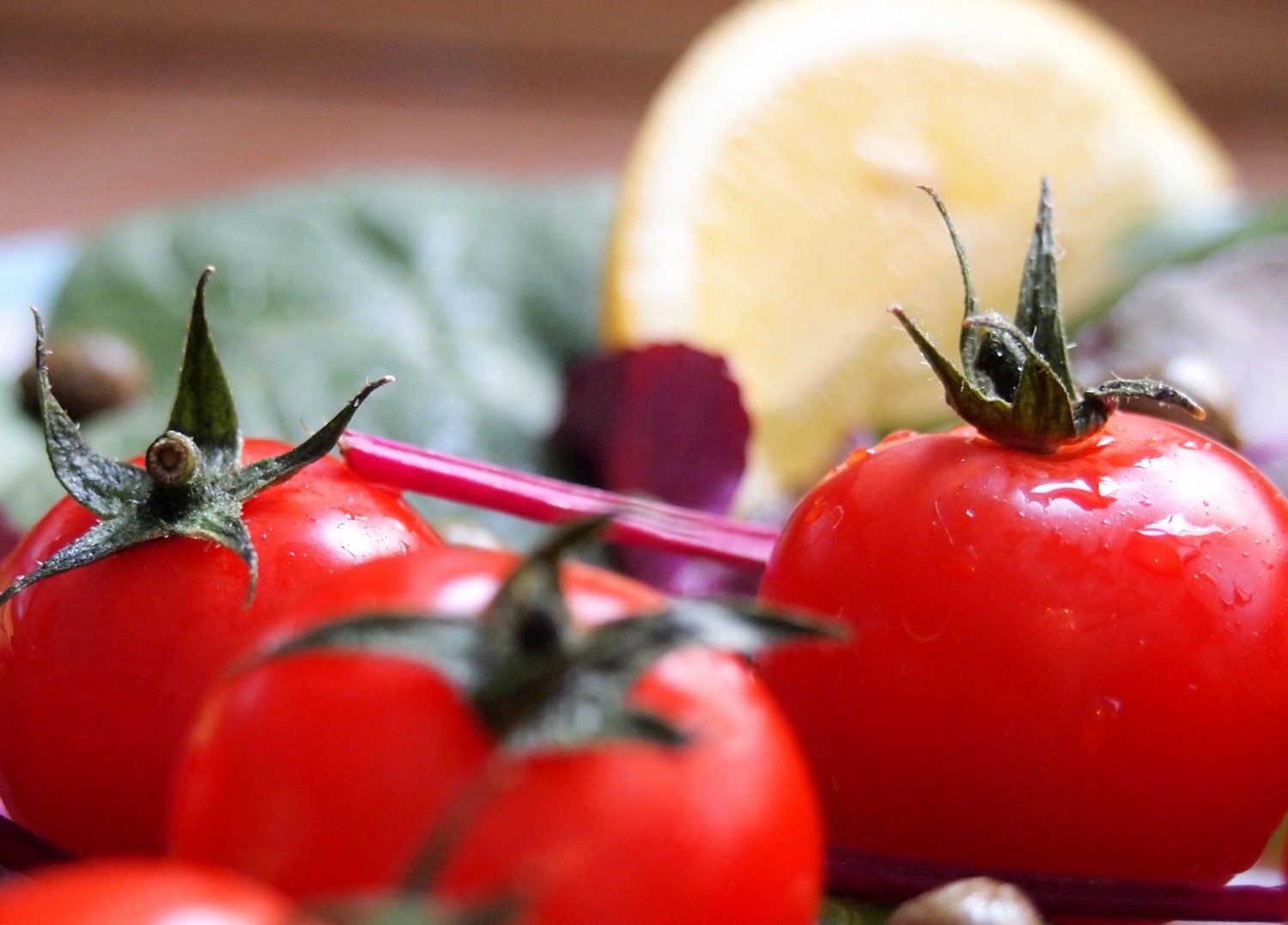The market research agency, Mintel, announced 2017’s food trends, predicting further expansion of vegetarian, vegan and other plant-focused interest.
Which is music to the ears of health and sustainability advocates; the age-old advice that continues to hold true is that eating mostly plants will improve our personal health and the health of our planet. Plant-centered diets are not only healthful and nutritionally adequate, they have also been shown to prevent and treat many diseases, and people practicing them are among the longest lived and most vibrant people on this planet.
Recent dietary guidelines emphasize the importance of fruits, veggies and whole grains. The Healthy Hunger-Free Kids Act that went into effect in 2012 was designed to improve the nutritional value of school meals by increasing the availability of fruits, veggies and whole grains and every school meal now includes a choice of a fruit or a veggie that also got a portion size boost. Likewise, My Plate, the latest installment of the Dietary Guidelines for Americans advises to fill at least half your plate with veggies and fruit.
Advice aside, habits are very hard to change, but trends help greatly, and are major change boosters. Cool, or lack of it, helped reduce interest in cigarettes and increase enthusiasm for spinning, yoga and running. So it’s great to hear that greens are in, but what else can we do to help people accept a more plant-centric diet.
How to get more plant-centered?
A new study in the journal Appetite, led by Tricia Corrin, searched the scientific literature for health promotion initiatives that could move people towards a more plant-based diet. There were 24 relevant studies in the final review. Overall, the attitude towards plant-based diets was positive, with people more likely to reduce their meat consumption, and not altogether eliminate it.
The authors discuss what can help move the needle:
Perceived health implications: People, especially younger ones, need to know that what they eat affects their health, and in a significant enough way.
Remove barriers: Finding plant-based and vegetarian options is becoming easier but isn’t yet convenient enough, and more needs to be done to make those options perceived as tasty and fulfilling. The misconception that plant-based diets lack protein and iron needs to be dealt with.
Cues to action: The interest in plant-based diets provides motivation, but a concerted campaign is needed to finally push people towards action.
You can do it: To affect change people need to believe they can. The review found that there’s severe lack of vegetarian food preparation know-how, and that people don’t know what to eat besides meat. Availability of convenient, accessible out-of-home vegetarian meals is also critical.
This scientific approach pretty much agrees with trend watchers’ observations: Interest in plant-foods is on the rise. The majority of people according to studies are in the “pre-contemplative” stage — they’re just starting to think about it — and will only jump over if it isn’t too difficult.
Convenient, attractive, normal
This is a wonderful window of opportunity and we’ve come a long way. As a lifelong vegetarian I used to be the only one in most of the educational, professional and social groups I was part of. The department chief of Internal Medicine during my internship year only half jokingly repeatedly said that in his view, my vegetarian life is not worth living. Doctors who take care of diabetics and cardiac patients don’t ridicule plant-centered diets anymore.
Eating plants is now considered quite normal. Thanks, Instagram posters and recipe bloggers, for the gorgeous veggie — and veggie eaters — photos. It helps!
Making plant-centered diets convenient, tasty and attractive will make this choice easier for those open to this healthy change.
And it’s not an all or nothing game. By eating more plants and less animal products you’ll be benefiting your health and the health of the planet. If your plate is colorfully veggie filled, has some whole grains, and also a moderate portion poultry or fish you’re eating a plant-centered, or plant-forward diet.
Dr. Ayala
Originally published at medium.com


